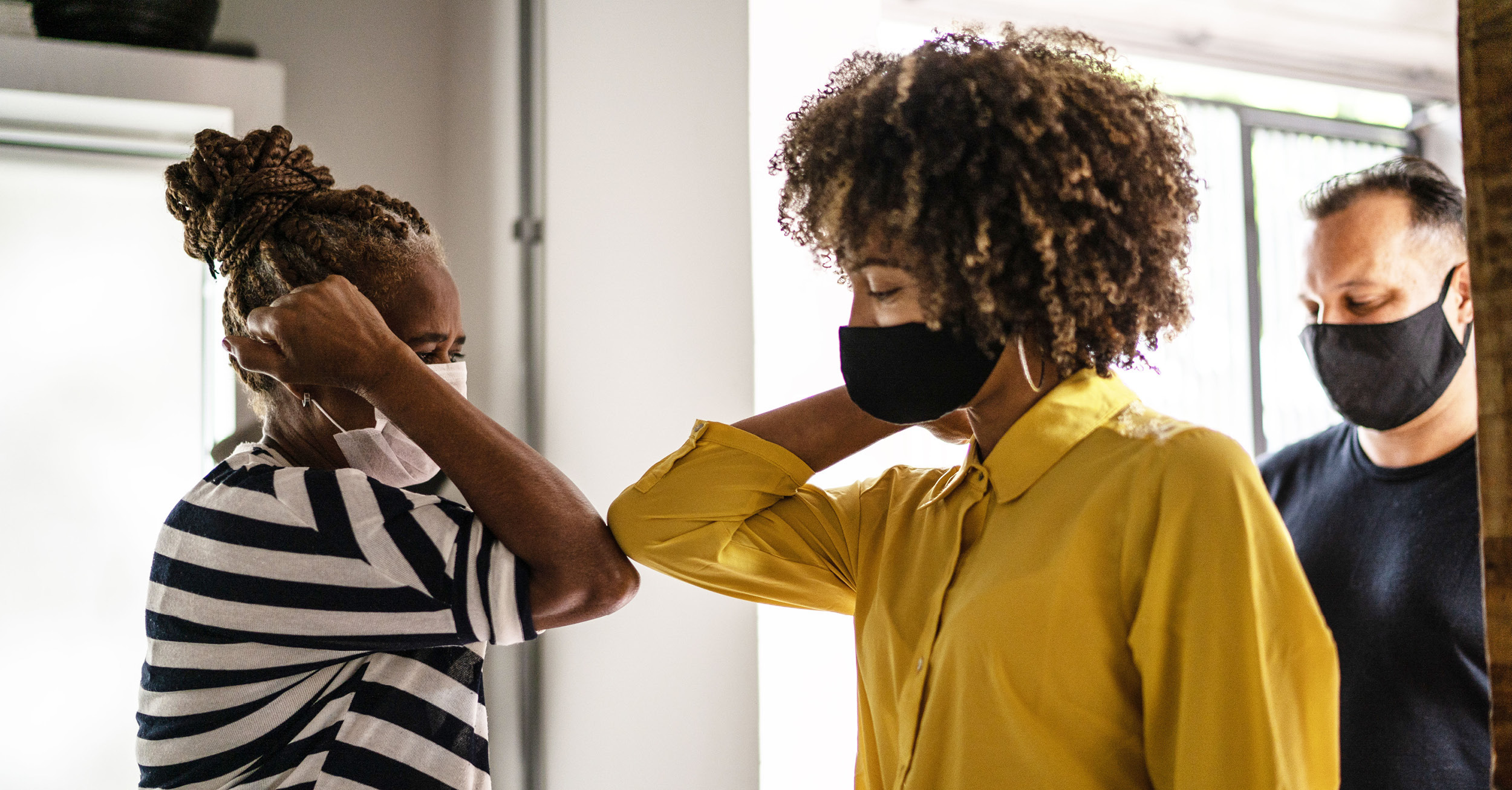
During the past two years since COVID-19 was declared a pandemic, societies have been impacted in ways that were both unpredictable and long-lasting. Yet, many critical pandemic-related decisions were based on sparse and predictive information. Governments and businesses had to react in the moment and, at least initially, erred on the side of caution.
Of course, that made sense. It’s better to shut off the water main rather than witness a leak turn into a flood. Still, we couldn’t predict the profound changes that were to come.
Unprecedented Events Cause Far-reaching Changes
Substantial event-driven changes to our society seem to happen at least once a generation. The last one in the U.S. was in 2001.
On 9/11, the U.S. government had no choice but to react quickly and dramatically. Fear and uncertainty led to all U.S. flights being canceled. Stock markets closed for a week. Major cities were placed on high alert. The economic impact was felt worldwide.
After 9/11, security-related changes became permanent at airports, office buildings, and theme parks. Even a year later, people were still afraid to work in skyscrapers or to fly; images of jets crashing into buildings are hard to forget. According to the U.S. Dept. of Transportation, it took four years, until July 2004, for passenger levels to surpass those in August 2001. More families took road trips and visited national parks (park attendance decreased from 1999 to 2001, and then increased in 2002 and 2003). Sound familiar?
The Early Impact of Lockdowns
It was difficult to immediately know the long-term impact of COVID lockdowns—closed schools and businesses, limited outdoor activities—when there was a bigger need to save lives by attempting to control the virus from spreading.
Gathering and making sense of information doesn’t happen instantly. Italy was the initial pandemic epicenter in early 2020 and shut down on March 9. Two days later, the World Health Organization declared a pandemic and infections were already rampant. Italy had 197 deaths that day. Just 16 days later, it had 922 daily deaths.
In other words, Italy’s lockdown may have come too late for the greatest effect. And, as we’re just now beginning to understand, lockdowns and restrictions had unintended consequences such as delayed surgeries and preventative exams—and an increase in the so-called “broken heart syndrome.”
Initial Reactions Become Typical Behavior
At the beginning of the pandemic, many people locked themselves in their homes, had groceries delivered, and rarely went outside. Non-emergency medical procedures nearly came to a halt. As time went on, it became apparent that the majority of those dying were elderly and/or with underlying health conditions. The average person may become sick, but unlikely to die. Also, as time went on, better treatments were developed that saved lives.
As the fear of death lessened, we slowly went back to our “normal” routines—dining indoors, traveling by plane, and attending big events—but we didn’t completely give up our lockdown adaptations such as food delivery and watching movies online.
We All Adopt New Patterns of Behavior
Each person assesses their own risk. During the past two years, fear and uncertainty impacted our daily lives with images of shuttered cities and overflowing hospitals. We analyzed (whether we knew it or not) the benefits of outdoor dining and take-away meals, mask wearing, adopting a pet, online shopping instead of visiting the mall, and using telehealth versus an in-person doctor/therapist visit.
Regarding the last point: we might prefer to meet healthcare professionals face-to-face, yet there was a convenience and safety to using telehealth that made it a high-growth industry during the past two years. And while telehealth was necessary the past two years, it has now become an accepted way of receiving health care going forward.
As we saw with the aftermath of 9/11, human perceptions and reactions don’t change overnight. We adapt to new ways during a crisis. And some of those new ways are likely to stay with us a long time.
Doxy.me existed before the pandemic, but it didn’t gain widespread adoption until lockdowns happened. Healthcare technology and policy are infamous for their slow pace of uptake and support. Will it take another medical disaster before more big changes happen, or will we recognize the faults in the current system? Will the next big discovery in health tech be embraced immediately, or will we continue to delay improvements until they become a necessity?